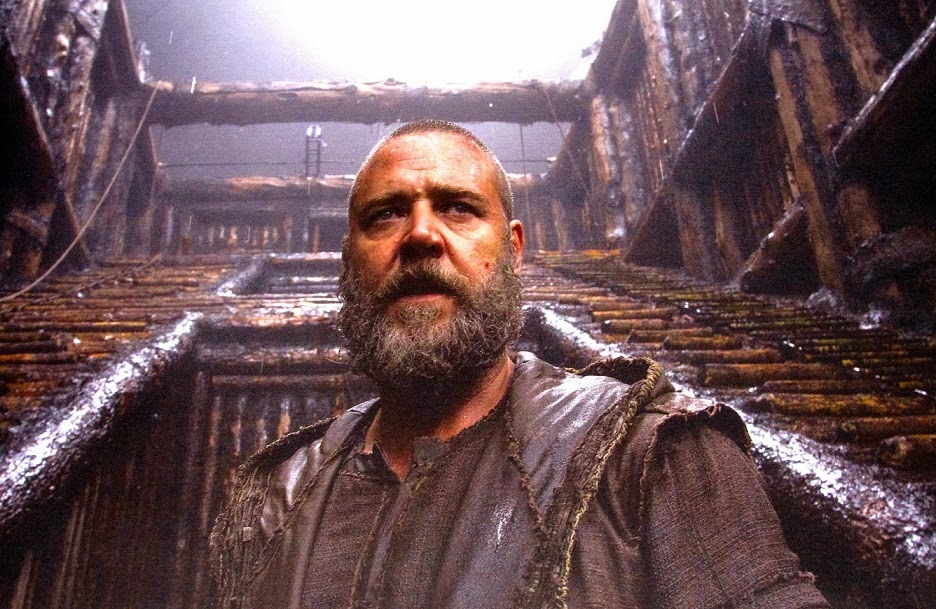mother!
by Hope Madden
Darren Aronofsky is grappling with some things.
For those of you who know the writer/director primarily for his streamlined, intimate films like The Wrestler, mother! may come as a bit of a surprise.
For the rest of us, mother! may come as a bit of a surprise.
How do you feel about metaphor?
Jennifer Lawrence stars as the very young wife of a middle-aged poet with writer’s block (Javier Bardem). While he stares at a blank piece of paper, she quietly busies herself restoring every room and detail in his remote, fire-damaged home—now their home.
Their peace is disturbed by a man (Ed Harris) knocking at the door, soon followed by a woman (Michelle Pfieffer—look for her name come Oscar time). The poet is only too happy to offer the strangers a place to stay, and this is bad news for the poet’s wife.
Between Aronofsky’s disorienting camera and his cast’s impeccable performances, he ratchets up tension in a way that is beyond uncomfortable. This is all clearly leading somewhere very wrong and the film develops the atmosphere of a nightmare quickly, descending further and further with each scene.
Many a horror film has been built around writer’s block, but Aronofsky has more on his mind than that. The larger concept of creation and all its complications: male versus female, celebrity, consumption, art and commerce. Also maybe the self-destructive nature of humanity as well as its tendency toward regeneration and rot. And being God.
Aronofsky picks up many of the themes that have run through his work, from Requiem for a Dream to The Fountain through Black Swan and Noah.
God as creator, god as creation. Gender politics and the nature of man.
Or is it all just one man’s frustration at not being able to give birth?
Hard to say, really. It’s a big stew, and it’s equal parts self-indulgent and self-pitying. Aronofsky is a daring filmmaker and an artist that feels no compulsion to hide his preoccupations.
Like most of the filmmaker’s work, mother! will not be for everyone. But if you’re up for an allegorical descent into hell, meticulously crafted and deftly told, and if you like your metaphors heavy and your climaxes absurd, this mother! is for you.

